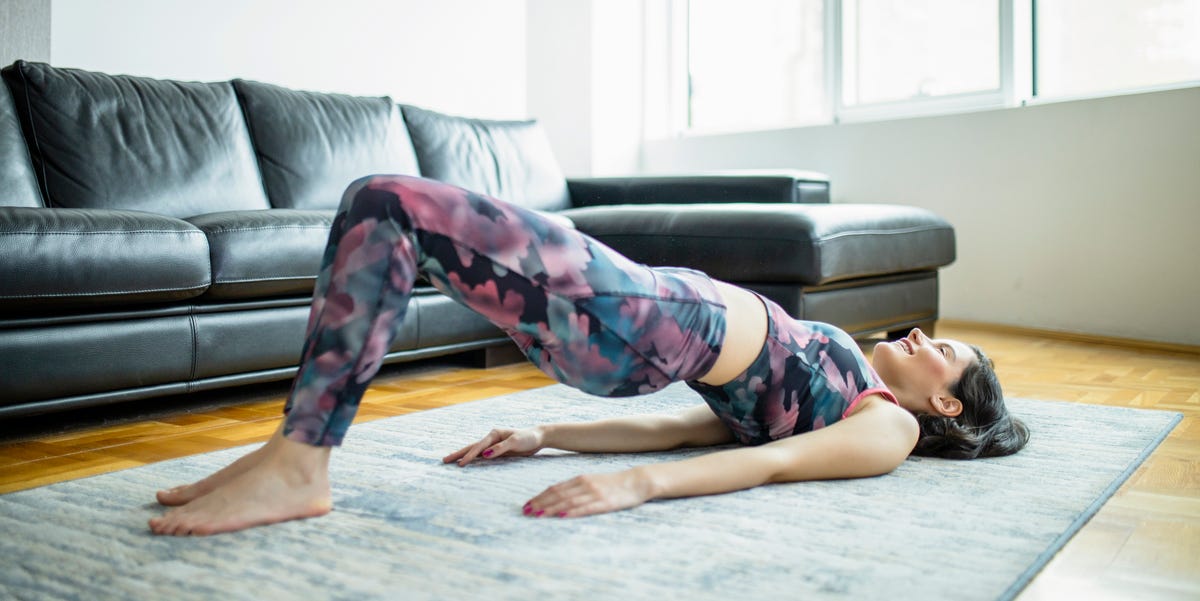
If hours of sitting at your desk or driving leave you dreading to stand up, you might be dealing with tight hips—a common qualm that regular hip opener exercises can alleviate over time. The stiffness may seem insignificant at first, but it’s important to prioritize hip stretching sooner rather than later, because tight hips can “negatively affect our ability to walk, maintain proper posture, and the stability of our spine,” says Rob Danoff, director of family and emergency medicine residency programs at Aria Health in Philadelphia. In other words, hip health is very important for vitality and longevity.
Meet the experts: Rob Danoff, director of family and emergency medicine residency programs at Aria Health in Philadelphia; Wendy Cope, registered yoga teacher (RYT 500) with YogaAlliance and Southeast regional group fitness manager of Crunch Fitness, and Amanda McCarroll, a certified yoga teacher (E-RYT 500) and owner of Büddhi.
Bạn đang xem: 17 Hip-Opening Stretches and Yoga Poses to Help Strengthen and Improve Mobility
Tight hips can even present symptoms in the lower body as ankle and knee pain, explains Wendy Cope, registered yoga teacher (RYT 500) with YogaAlliance and southeast regional group fitness manager of Crunch Fitness. “Everything is connected, so tightness in one area can lead to overcompensation from other joints in your body,” she adds. The good news is that there are a range of simple yoga poses you can do at home to target each of the four primary directions of hip movement, with modifications for all levels. Try to commit to doing some of these hip opener stretches three or four days a week, and you might start noticing that you can stand up a little easier.
Tips for stretching
Xem thêm : 10 विचार जो आपको देंगे हर हालत में जीतने का जज्बा
Before you begin, consider the following tips:
- Begin with dynamic stretches. Before working out, be sure to warm up your body with dynamic stretches or moving stretches, explains Cope.
- Listen to your body. Cope explains that when you perform any stretch, you should aim to “find the ‘Ooh,’ not the ‘Ow!’” meaning that you should go slowly and not push your body too deep into the stretch. “Find where your body feels a slight tug of resistance,” she says. “That initial tug is known as the Golgi Tendon Organ Response, an early alert system to let the body know that it’s in danger of injury. Don’t push past this initial tug. Instead, hang out there for a few breaths; you’ll feel the muscles relax and allow you to drop down deeper into the stretch.”
- Breathe. By focusing on your breathing during each movement, Cope explains that we often find our bodies relax and allow for a deeper stretch. “As long as you can breathe comfortably through your nose in a stretch, you’re not pushing too hard,” she explains. “If you begin breathing through the mouth, you may be working too hard.”
Ahead, find hip-opening stretches for greater mobility.
Nguồn: https://nanocms.in
Danh mục: शिक्षा









